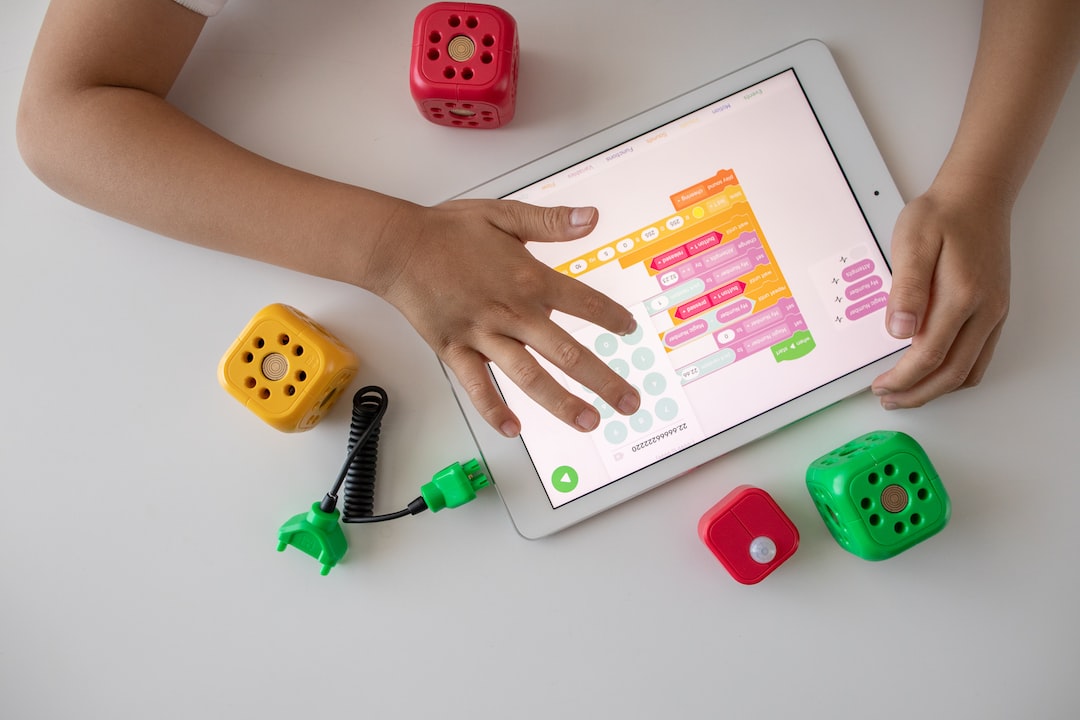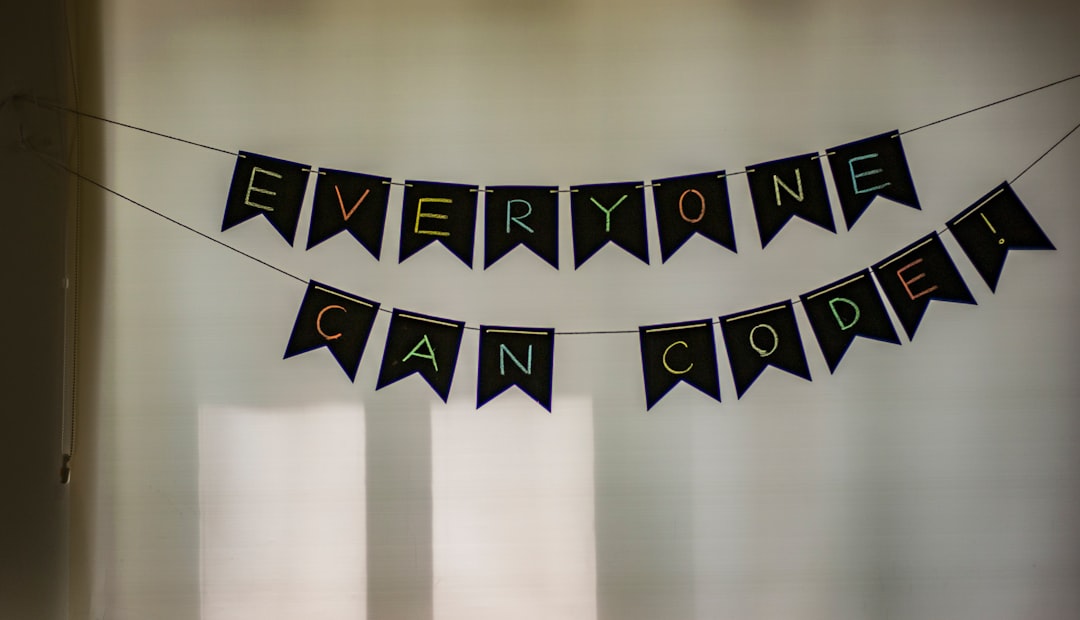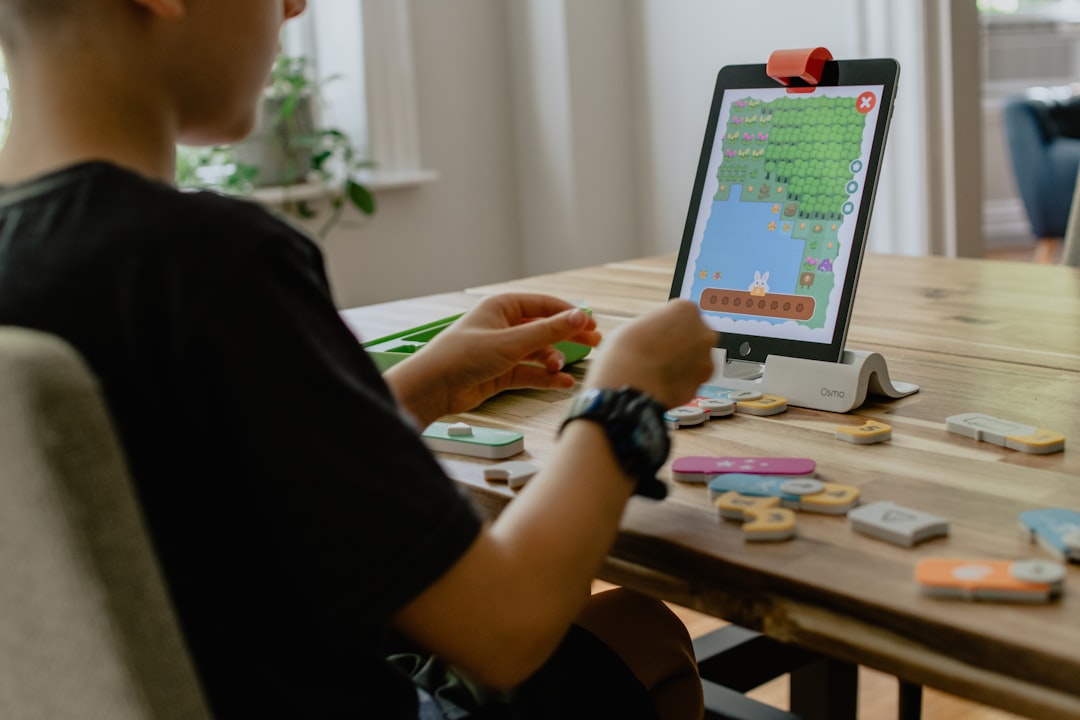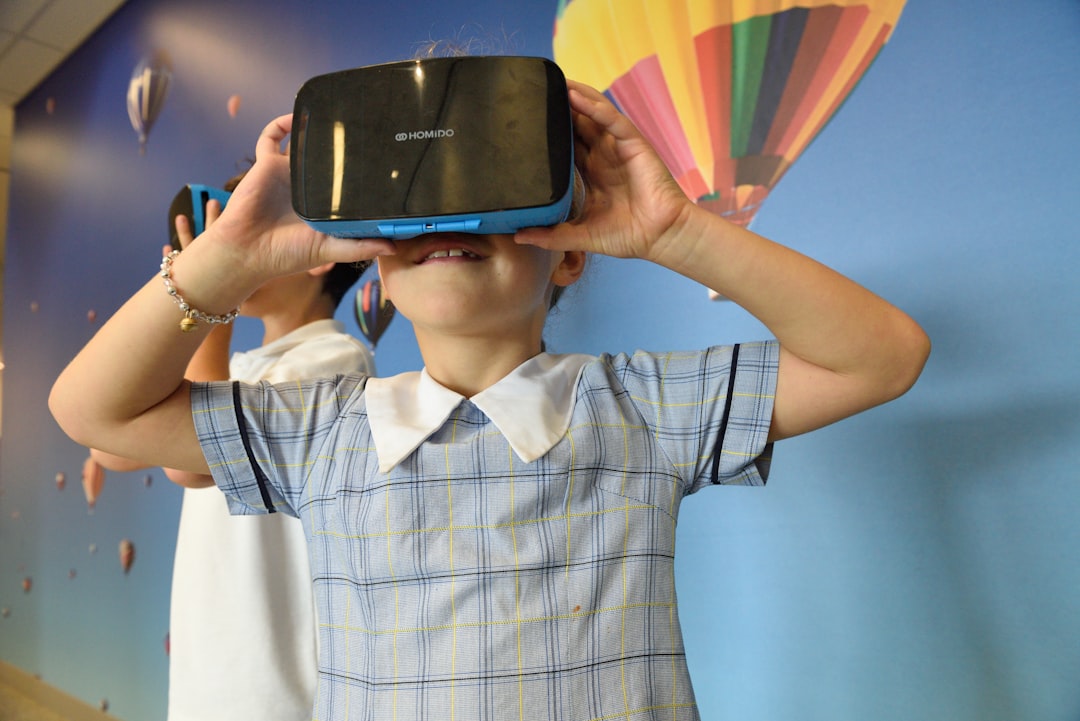As technology continues to play a significant role in our daily lives, it’s essential to equip the younger generation with the skills they need to thrive in this digital age. Learning to code is an excellent way for kids to build a foundation for their future success. Whether they aspire to be a software developer, an entrepreneur, or just want to have fun while learning, coding offers a plethora of benefits that go beyond just programming knowledge.
Coding is the language of the future, and the earlier children start learning it, the better they’ll become at it. The process of coding is like solving puzzles, which helps boost critical thinking and problem-solving skills. Moreover, coding enhances creativity by encouraging kids to think outside the box and come up with innovative solutions to everyday problems.
As they work on coding projects, kids also learn the importance of teamwork and collaboration. By working together, they can build more complex and sophisticated programs that they may not have been able to achieve on their own.
It’s no secret that the job market is rapidly changing, with an increasing demand for technology-related jobs. By learning to code, kids can prepare themselves for future careers in technology-related fields such as software engineering, data analysis, and cybersecurity.
Coding requires persistence, which is a valuable lesson for kids as they face challenges throughout their lives. By learning to code, they understand that not every solution comes easy, and sometimes they may need to try multiple approaches before finding the right one. This skill is essential and can help them overcome obstacles and achieve success in whatever they choose to do.
In conclusion, the benefits of learning to code as a kid are immense. Not only does it prepare kids for the future job market, but it also boosts their problem-solving skills, enhances creativity, promotes teamwork, and teaches persistence. So, let’s encourage our kids to start learning to code and set them up for a bright future.
Boosts Problem-Solving Skills: How Coding Improves Critical Thinking
Coding requires a lot of problem-solving skills. When kids learn to code, they develop critical thinking skills that will serve them well in all areas of their lives. When they code, they have to think logically and systematically, breaking down complex problems into smaller, more manageable parts.
Coding involves a lot of trial and error. Kids learn to try different solutions until they find the one that works. This process teaches them how to analyze problems and develop creative solutions. This is particularly important in today’s fast-paced, ever-changing world. A generation that can think creatively and solve problems will be the one that makes the biggest impact.
Coding also teaches kids how to be patient and persistent. They will face challenges and obstacles along the way, but they will learn to keep trying until they find a solution. This persistence is a valuable life skill that will help them as they face future challenges in and out of the classroom.
As they code, kids learn to work methodically, breaking down projects into manageable steps. This helps them avoid feeling overwhelmed and teaches them how to focus on the task at hand. They also learn to be organized, which is an essential skill for success in all areas of life.
Finally, coding helps kids develop attention to detail. They need to be precise and accurate when coding, as even a small mistake can have a big impact on the final product. This attention to detail will serve them well in all their endeavors, from writing a school paper to working on a big project at work.
Coding is an excellent way to boost problem-solving skills and improve critical thinking in kids. The benefits of coding extend well beyond the classroom and into all areas of life. So why not encourage your child to start coding today?
Finally, coding helps kids develop attention to detail.
Enhances Creativity: The Art of Coding
When people think of coding, they often imagine a regimented, technical process that doesn’t leave much room for creativity. However, in reality, coding can be a highly creative and artistic endeavor.
At its core, coding is all about problem-solving, and the best solutions often come from thinking outside the box and approaching a problem from a unique angle. This requires a certain level of creativity and imagination.
In fact, coding can be used to create a wide range of artistic projects, from websites and video games to interactive installations and digital art pieces. When kids are introduced to coding at a young age, they have the opportunity to explore their creativity and imagination in ways they might not have thought possible.
There are also plenty of tools and resources available to help kids learn to code in creative ways. For example, Scratch is a popular visual programming language that allows kids to create interactive stories, animations, and games. It’s a great way for kids to learn the basics of coding while flexing their creative muscles.
Encouraging kids to explore their creativity through coding can also help to keep them engaged and interested in the subject. When they see the amazing things they can create with code, they are more likely to want to continue learning and improving their skills.
In addition to the artistic benefits of coding, there are also practical benefits to be gained. When kids learn to approach problems creatively and think outside the box, they are better equipped to tackle challenges in all areas of their lives.
Overall, coding is a surprisingly creative and artistic pursuit that can help kids to develop important skills and unlock their full potential. By encouraging kids to explore the creative side of coding, we can help them to see the subject in a whole new light and set them on a path to success.
This requires a certain level of creativity and imagination.
Promotes Teamwork: Collaborating on Coding Projects
Coding is often perceived as a solitary activity, but in reality, it involves a lot of teamwork. In the tech industry, coding projects are rarely done by a single person. Instead, teams of programmers come together to work on complex projects that require different skill sets and perspectives.
Learning to code as a kid can encourage teamwork and collaboration, as it teaches children how to work with others towards a common goal. When kids work on coding projects together, they learn how to communicate effectively, share ideas, and work towards a common goal.
Collaborating on coding projects can also expose kids to different ways of thinking and problem-solving. It allows them to learn from their peers and pick up new skills that they can apply to future projects. This collaboration not only helps kids improve their coding skills but also helps them develop valuable social skills that are essential in any industry.
Another benefit of teamwork in coding is that it helps kids build confidence in their abilities. When working with others, kids can see the impact of their contributions to the project, which can be incredibly motivating. As they see their ideas come to life and make a difference in the project, they will feel more confident about their coding abilities and be more willing to take on new challenges.
Overall, promoting teamwork and collaboration in coding projects is an excellent way to encourage kids to learn to code. By working together, kids can learn the importance of teamwork and collaboration, develop valuable social skills, and build confidence in their abilities. As they continue to work collaboratively, they will be better prepared for the future job market and be able to tackle any coding challenge that comes their way.
As they see their ideas come to life and make a difference in the project, they will feel more confident about their coding abilities and be more willing to take on new challenges.
Prepares for Future Job Market: Exploring Tech Careers
As we live in the digital age, technology dominates our lives and the job market. Learning to code as a kid can prepare children for their future careers in the tech industry, which is rapidly expanding and expected to grow even more in the coming years. Tech jobs include coding, programming, software development, data analysis, and many more.
Coding skills can give kids a head start in their careers, as they learn the fundamentals of programming, web development, and software engineering at an early age. It can be a valuable skill to have on a resume, as many employers are seeking candidates with technical skills to fill their positions.
Moreover, learning to code opens up a world of possibilities for kids to explore different tech careers they might be interested in pursuing. They can discover what they have a natural talent for and what they enjoy doing the most. Kids can also learn about the vast range of job opportunities available in the tech industry, which they might not have been aware of otherwise.
Coding skills are also beneficial for kids who want to start their own tech ventures. With technical knowledge, they can develop their own websites, apps or tools, and even start their own businesses. Coding skills can help children bring their innovative ideas to life and turn them into profitable ventures.
In addition, learning to code can improve the overall employability of kids. It can help them stand out from the crowd in the job market, as they will have a unique skill set that many other candidates might not possess. As technology continues to evolve, coding skills will become even more in demand in the future, making coding an essential skill for kids to have.
Overall, coding is an important skill for kids to learn, not only because it prepares them for future job opportunities, but also because it can help them develop their problem-solving, teamwork, creativity, and persistence skills. As parents and educators, we should encourage our children to explore the world of coding and see where it takes them. Who knows, it might just be the start of a successful career in the tech industry!
It can be a valuable skill to have on a resume, as many employers are seeking candidates with technical skills to fill their positions.
Teaches Persistence: Overcoming Coding Challenges
Learning to code is not an easy task. It can be frustrating, time-consuming, and at times, overwhelming. However, the process of coding can teach children an important life skill: persistence.
Coding requires breaking down complex problems into smaller, more manageable chunks. This process can be tedious, and children may not see immediate results. However, by persisting through the challenges, they will learn the value of perseverance and patience.
Coding challenges can also help children develop problem-solving skills. When faced with a coding problem, children must analyze the situation, identify the issue, and find a solution. This critical thinking process can be applied to other areas of their lives, such as schoolwork, sports, and social situations.
Moreover, coding challenges can teach children the importance of trial and error. Failure is a necessary part of the coding process, as it allows children to refine their approach and try again. This mindset can be applied to other areas of their lives, such as taking risks and learning from mistakes.
By overcoming coding challenges, children will develop a growth mindset. They will learn that success is not always immediate, and that hard work and dedication are necessary for achieving their goals. This mindset can help them throughout their academic and professional careers.
Learning to code can teach children the valuable skill of persistence. Through coding challenges, they will develop problem-solving skills, learn the importance of trial and error, and develop a growth mindset. These skills will benefit them throughout their lives and prepare them for success in the future. So, encourage your child to persist through the challenges of coding – the rewards will be worth it!
This process can be tedious, and children may not see immediate results.
Conclusion: The Lifelong Benefits of Learning to Code as a Kid
As we’ve seen in the previous sections, learning to code as a kid offers a wide range of benefits that extend beyond just the ability to create software programs. From boosting problem-solving skills and promoting teamwork to preparing for future job markets and teaching persistence, coding is a valuable skill that offers lifelong benefits.
The skills kids learn when programming can be applied to many areas of life, both in and out of the tech industry. Critical thinking, creativity, and collaboration are all skills that are highly sought after in today’s workforce, and coding offers an excellent opportunity to develop them.
But the benefits of learning to code extend beyond just the professional world. By learning to code, kids can gain a deeper understanding of how technology works and how they can use it to solve problems they care about. Whether it’s building a website for a school project or creating a game to share with friends, coding offers endless opportunities for kids to express their creativity and bring their ideas to life.
Perhaps the most important benefit of learning to code as a kid is that it teaches persistence. Coding can be challenging, and it requires a lot of trial and error to get things right. But by persevering through these challenges, kids can develop the resilience they need to succeed in any area of life.
So if you’re a parent or educator wondering whether to introduce coding to your child or student, we encourage you to go for it. Coding offers a unique opportunity for kids to develop valuable skills that will serve them well throughout their lives. And who knows? It might even inspire them to pursue a career in tech and become the next great innovator of our time.





